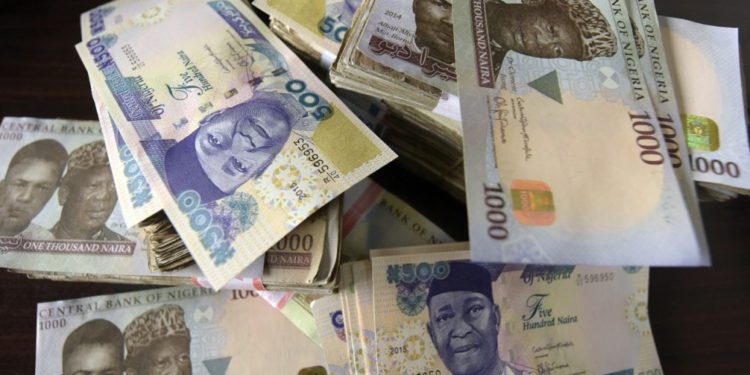The unprecedented depreciation of the Nigerian naira against major international currencies, particularly the US dollar, is causing significant distress for individuals with plans for international travel and those financing the education of their children abroad. The fall in the value of the naira has led to a surge in expenses, resulting in a sharp increase in the cost of funding education abroad due to unfavorable exchange rates.
As of the latest update, the naira recovered to 907.11/$ on the official Investors and Exporters’ foreign exchange window, appreciating by 13.04% from the previous day’s figure of 1,043.09/$. Despite this recovery, the volatility in the exchange rate has impacted individuals, especially parents, grappling with the rising costs associated with education expenses abroad.
The economic challenges have also affected manufacturers, with operating costs increasing for industrialists whose major expenses, including finance costs, are denominated in foreign currencies. Some consumer goods companies listed on the Nigerian Exchange Limited reported net losses in the first half of 2023 due to the foreign exchange crisis.
The depreciation of the naira has broader implications, including increasing imported inflation, higher costs of raw materials for businesses importing from other countries, and challenges for Small and Medium Enterprises (SMEs). Some businesses have closed due to these issues, and the situation is causing disruptions in financial projections.
The Nigerian government and central bank are facing calls to address the supply issues and boost foreign exchange supply in the market. The recent dip in foreign exchange reserves to a six-year low of $32.87 billion at the end of December 2023 adds to the challenges. Experts emphasize the need for concrete policy moves to address supply and demand imbalances and boost confidence in the official market.
The multifaceted causes of the naira’s decline include economic instability, political uncertainty, and global market fluctuations. The government is urged to implement structural changes to enhance oil production, drive foreign investment, and address the root causes of the currency’s depreciation.
























